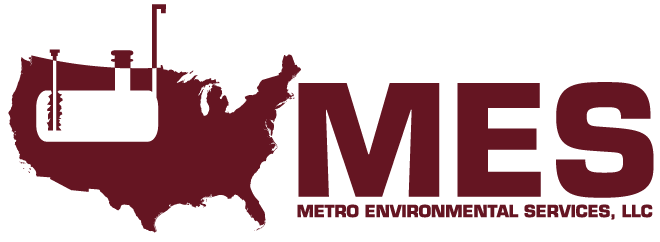3 Changes COVID-19 Brought to the Retail Fuel Industry
No matter how many corporate emails and newscasters seem to overuse it, “unprecedented” is the word of 2020 for good reason. The global pandemic touched all matters of business: Mergers were put on hold, property sales paused, and day-to-day business screeched to a halt.
To meet these changes, the American retail fuel industry was forced to make changes, too. From disinfection services for essential vehicles early on in the pandemic to smart-device activated payments today, COVID-19 measures continue to reshape the way we shop, travel, and interact.
Less contact, more automation
Shoppers today demand quicker, more personalized service. And for drivers or c-store shoppers, that demand is no different. Contactless options are everywhere today, but never more widely used than since the onset of COVID-19.
Southeastern convenience store giant, Parker’s, launched self-serve kiosks for their customer loyalty program experience. This removes a level of customer-employee interaction for an already digital service: program enrollment, account management, and lost card replacement.
For shoppers with even less contact in mind, 7-Eleven stores partnered with grocery delivery service Instacart for same-day delivery of their convenience store staples. Another national delivery app, DoorDash, followed suit with the launch of its own digital c-store, internally managing and delivering its own product inventory. This comes just months after establishing partnerships with physical convenience stores to serve customers during the COVID-19 pandemic.
Studies in retrofitting existing fuel stations
With a smaller workforce on the road, slower-than-usual business forced c-stores and stations to re-consider their streamlined options. Others took it as an opportunity to explore retrofitting their existing business for a future with more options for shoppers.
Couche-Tard’s Circle K is getting the cashier-less treatment. They are piloting autonomous checkout technology created by Standard Cognition to marry existing convenience store fixtures, lighting, inventory management systems, replenishment processes, and layouts with retrofitted AI technology. No facial recognition or customer targeting, just anonymous data collection and smart technology.
Increase of brand partnerships, especially those formerly unrelated to the industry
Others looked to outside-industry businesses for increasing customer options, partnering with big names like Amazon and Waze to take advantage of their existing contactless software options.
In a bid to save drivers time and limit their use of PIN pads or pump touch screens, ExxonMobil partnered with Waze, a popular navigation app. When using the Waze app for directions, the driver will receive a prompt for contactless payment through the Exxon Mobil Rewards+ app upon arrival at a participating gas station.
ExxonMobil also partnered with another app with a dedicated following, Amazon’s Alexa. Using a car’s Alexa-enabled device or the Alexa app, once a driver is at a participating station, they can simply say “Alexa, pay for gas.” No need to swipe cards or head into the store.






